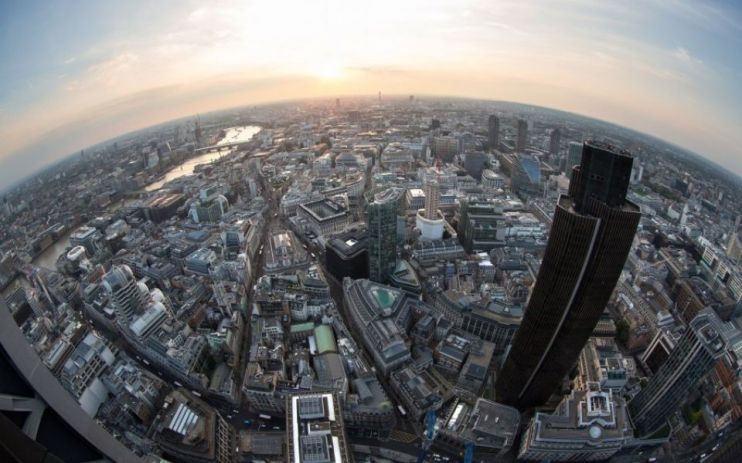Offices will reinvent themselves to play host to the capital’s social capital

When Mark Twain’s obituary was prematurely published by an American newspaper, he responded with the now iconic assurance that “the reports of my death are greatly exaggerated.”
Over a century later, the same could be said of the capital’s offices.
For much of the past year, a growing Niagara of newspaper articles have speculated about the end of the office as we know it. Homeworking becoming the ‘new normal’, remaining even after the pandemic draws to a welcome close, has been repeated to the point of cliché.
Reality, as is often the case, is very different. In fact, according to a YouGov survey, 39 per cent of workers never want to work from home again once the pandemic is over, a percentage that has only risen as lockdown has worn on.
Read more: New Skyscraper approved for City of London
It is of course true that some of London’s offices stood empty for much of 2020.
But, for many, not least London’s small businesses that relied on footfall from workers, protracted homeworking just underscored the continued importance of the office. As our clients returned to offices and meeting rooms in autumn last year, they told us time and time again that they had struggled without the boost to productivity and wellbeing that face-to-face working with their colleagues brings.
There is simply no replacing the hubbub of the office: no amount of Zoom meetings, Teams catch-ups or crackling conference calls will ever effectively replace the ability to catch up with colleagues in-person.
JPMorgan Chase’s head of asset and wealth management Mary Erdoes perhaps put it best when she said this week that “it takes a lot of inner strength and sustainability (working without) the energy that you get from being around other people.”
Erdoes’ words will resonate strongly with the capital’s younger workers. If those of us who have worked in London for some time cast our mind back to the start of our careers: how vital was the office in bringing us closer to colleagues and senior peers from whom we could learn?
The office is not a balance sheet luxury, but vital to the attraction, development and, ultimately, retention of talent.
The office, put simply, is not dead, but it is being transformed. What we are seeing across London is not a winding of the clocks back to January 2020, but the emergence of a new, decidedly different model. Offices, put simply, are adapting not just to survive, but to thrive.
For one, the lockdown cycles have demonstrated the inherent value of flexibility, and right across London, a significant number of office providers have developed short-term rental offers, allowing businesses to bring staff back together even if only for the day. If research from real estate analysts The Instant Group is to be believed, the supply of flexible office space is set to grow by more than 20% throughout 2021. The future will be flexible.
But there is more to the story than the rise of flexibility. Faced with the challenge of remote working, which for some is still appealing, the office has had to adapt in a similar fashion to retail evolving in the face of e-commerce.
Read more: Wework unsure over long-term liquidity due to how Covid-19 changed the way we work
Gone are the days when the office represented simple bricks and mortar, where the attendance of employees could be taken for granted. In place, we’ve seen the emergence of experience-led ‘one-stop-shops’, where former luxuries like wellness offerings are increasingly becoming necessities. Our offices are becoming homes away from home. On-site yoga classes, quality business lounges and sought-after bars and terraces where teammates can catch up will be where workers gravitate as they return from home offices again.
Spaces like Apple’s on-site wellness centre or NatWest’s ‘Garden Café’ at its flagship Bishopsgate building, once thought of as stand-out, are now becoming commonplace. The future office will be one that blurs the lines between work and home lives. Faced with competition from the home, we can expect the office to emerge stronger and more appealing than ever.
Twain once wrote that to ‘labour in loneliness is irksome’. These words will ring true for millions across the capital. Happily, however, not only is the end of the pandemic in sight with the vaccine roll-out, but a new, experience-led model of the office is looming into reality.
Read more: Office Politics: Hollywood films offer us a workplace how-to